Everyone needs some space from time to time. But certain forms of seclusion can become unhealthy: There’s a big difference between rejuvenating solitude and loneliness or fear-driven avoidance.
How can you tell if your seclusion is problematic? Ask yourself these four questions:
1. Does your stomach drop when the phone rings? Does your heart race when you are invited to a party?
In other words, how does your body react to the possibility of social interaction?
When someone wants your company or attention, note your reaction: If you feel dread, resistance, or physical symptoms like a racing heart, shallow breathing, or a churning stomach, you may be experiencing social anxiety.
This avoidance is different from the occasional intentional decision to let a call go to voicemail because you are busy with something else, or simply choosing not to use the phone for a while.
Related: The Power of Solitude: How To Get In Touch With Your Inner Quiet
2. How do you feel when you’re alone?
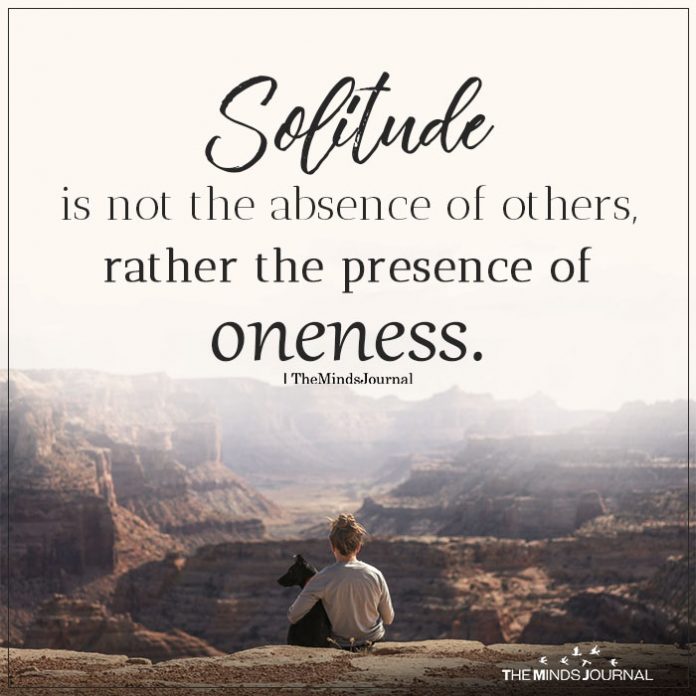
If the answer is rejuvenated, energized, or otherwise positive, then keep being your introverted self. However, if the answer is relieved (“I won’t have to figure out what to say!”; “I don’t have to feel awkward at that party!”; or, “Phew, I can be by myself”), you should think more about your reaction.
Relief in moderation is normal, but constantly seeking solitude can indicate avoidance, which hurts you in two ways: It keeps you from learning to be confident and from realizing that your worst-case scenario fears probably won’t happen.
3. Can you be yourself around others?
If you feel you can’t, what do you think would happen if others saw the real you?
If the answer is something negative, then you may be performing for employers, friends, or a spouse who aren’t the right match for you, and a change may be in order.
Or if you think the real you isn’t safe to share with the world—perhaps because you feel broken, unlovable, or worthless—it may be time to find a qualified therapist you can talk to whom can trust.
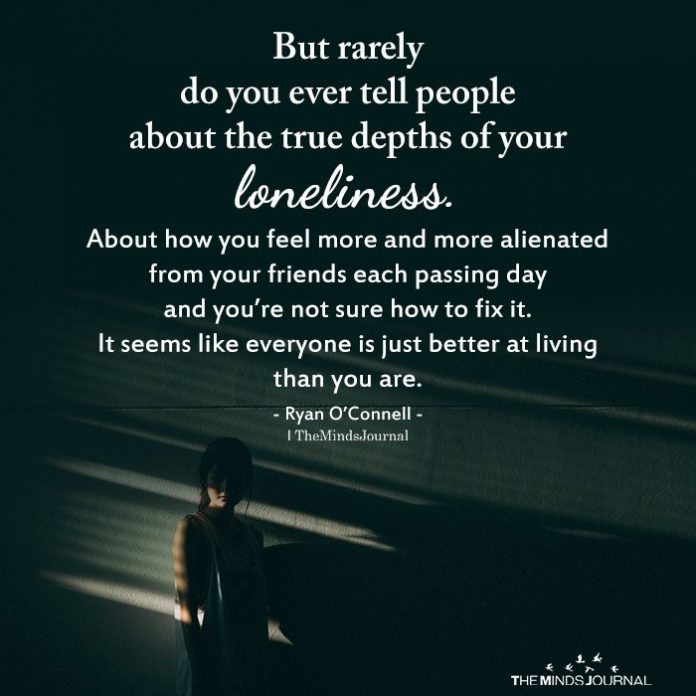
4. Most important, does time spent alone keep you from living a happy, fulfilled life?
Your solitude may be problematic if you crave isolation as an escape from the world. But if time on your own helps you to be happy because you are recharging, immersed in a solitary project, or just enjoying your own company, close that door and do your thing.
Depending on the individual and the circumstances, time spent alone can either be exhilarating or exhausting – and, that’s what is the difference between solitude and loneliness.
Related: Loneliness: Surprising Ways It Impacts Our Health and Wellbeing
As expressed by the great theologian Paul Tillich: “Language … has created the word ‘loneliness’ to express the pain of being alone. And it has created the word ‘solitude’ to express the glory of being alone.”
With practice and some guts, you can experience the glory.
Enjoyed this piece on difference between solitude and loneliness?
Learn more about how to overcome social anxiety and be your true self at EllenHendriksen.com.
References
1.American Psychiatric Association. (2013). Diagnostic and statistical manual of mental disorders (5th ed.). Arlington, VA: American Psychiatric Publishing.
2. Samuels, J., Eaton, W. W., Joseph Bienvenu, O., Brown, C. H., Costa Jr, P. T., & Nestadt, G. (2002). Prevalence and correlates of personality disorders in a community sample. British Journal of Psychiatry, 180, 536-542.
Written by: Ellen Hendriksen
Originally appeared on: Psychology Today
Click here for Ellen Hendriksen’s new book – How to Be Yourself: Quiet Your Inner Critic and Rise Above Social Anxiety.
Twitter: @EllenHendriksen
Instagram: Ellen_Hendriksen
Insight Timer: https://insighttimer.com/ellenhendriksen


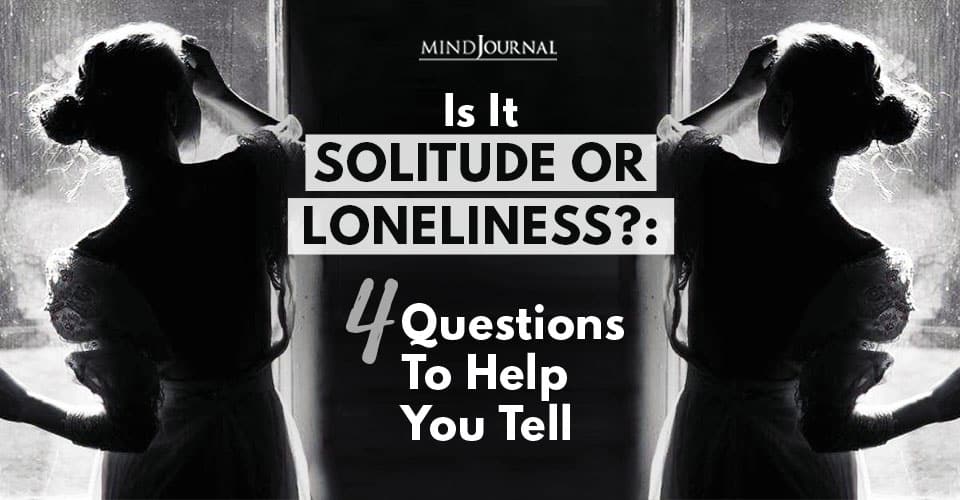
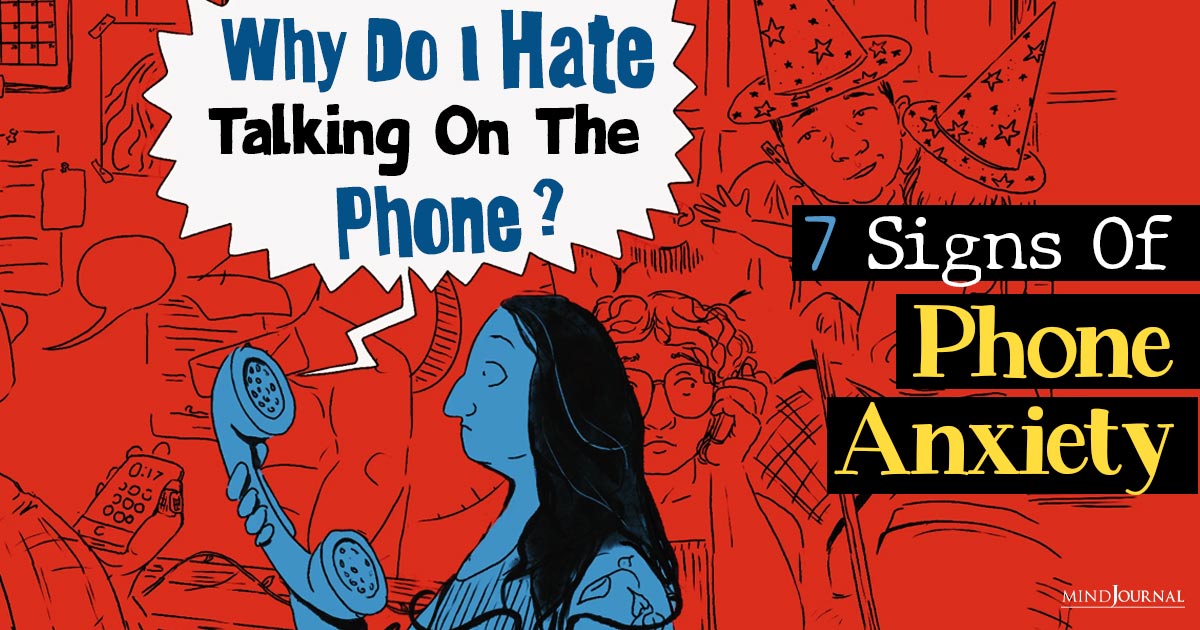
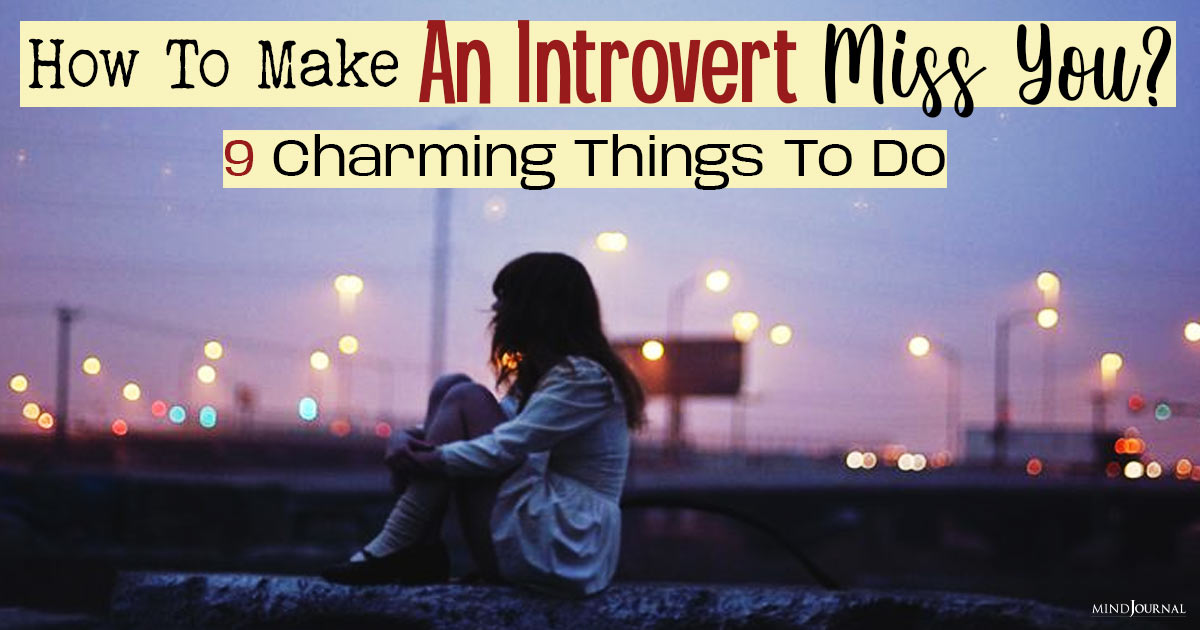
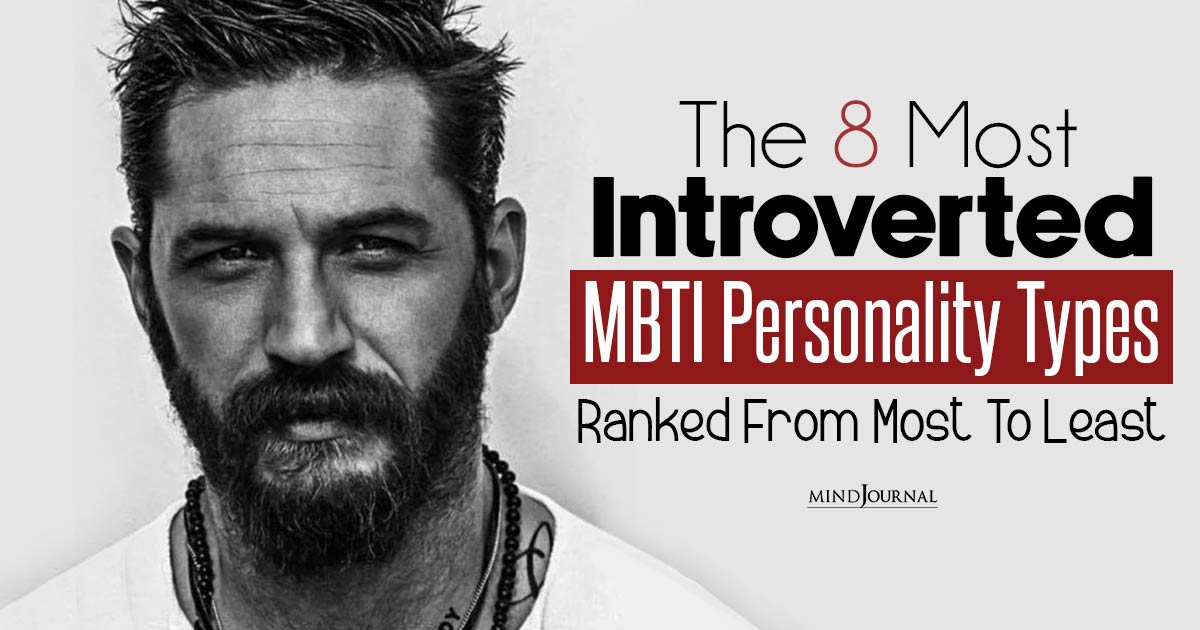
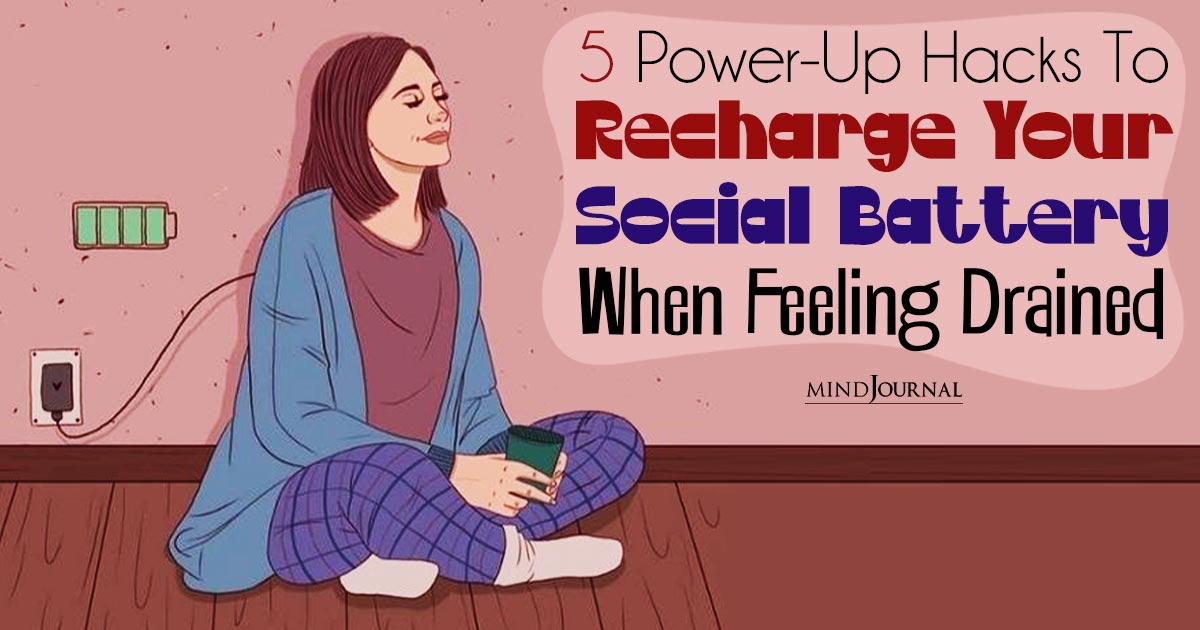
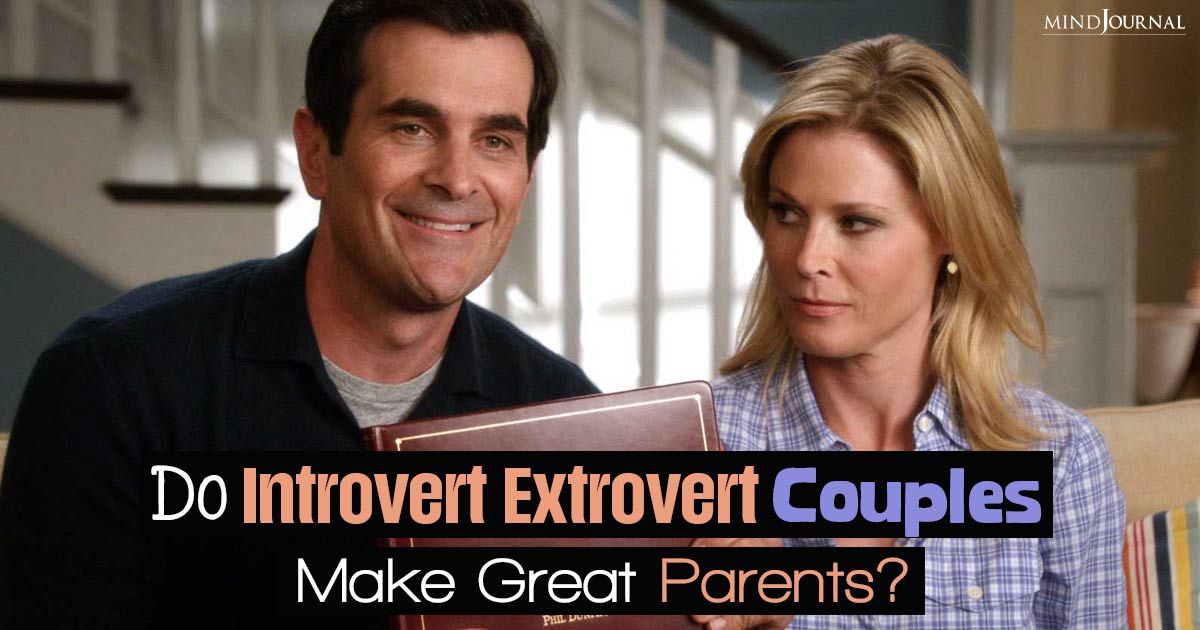

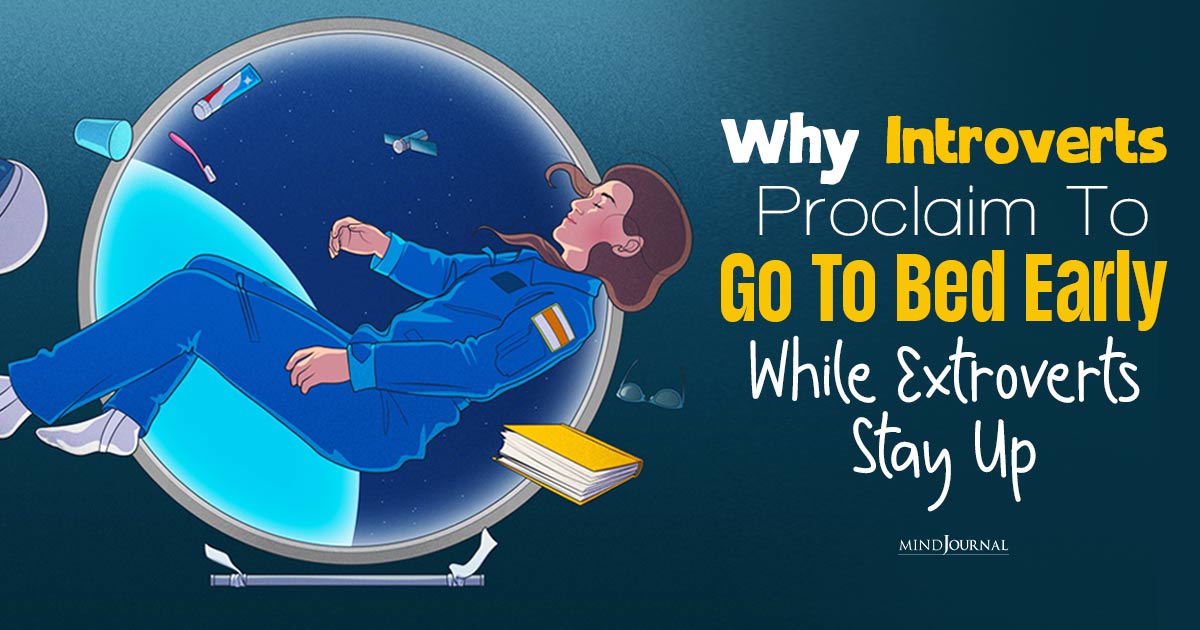
Leave a Reply